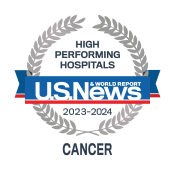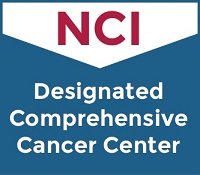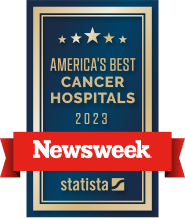DNA Sequencing
The Genomics Shared Service offers dye-terminator-based automated DNA sequencing, supported by an Applied Biosystems model 3730XL 96-capillary high-throughput sequencer. The model 3730XL can run 96- or 384-well format plates, and, depending on the desired read-length, can assay at least 12 - 96-well plates per 24 hour period, running unattended. This instrument offers greatly improved efficiencies in labor and consumables, allowing us to decrease user fees for this service and decreasing turn around time.
Sequencing reactions are performed using a variety of thermal-cyclers, including Applied Biosystems models 9600, 9700, and a 9800 Fast cycler, and two MJ tetrads, each with four 96 well blocks. The facility offers flexible alternatives for our users. Investigators provide the facility with DNA, and any custom primers (or sequences of primers to be synthesized), and the facility will perform and run the sequencing reaction, and provide the investigator with edited text files electronically.
Alternatively, investigators can perform their own sequencing reactions and submit them as 'ready to run' at a significantly discounted rate. Those investigators who wish to take advantage of this alternative service can purchase aliquots of the dye-terminator reaction mixture from the facility at our reduced bulk rate.
The facility has extensive experience in sequencing DNA from a variety of sources including plasmid, PCR products, bacteriophage, BACs and even genomic DNA. An added benefit to having provided DNA sequencing services for over 15 years is that the facility now stocks primers that can be used on virtually any commercially available vector, eliminating the need for repeated synthesis of these sequences. Turn around time is often 24 hours, although accommodations can be made to provide critical preliminary data within the same day the samples are submitted.
Data from samples submitted as 'ready to run' can be generated in as little as 2-3 hours, depending on the backlog and desired read-length. Projects involving large numbers of samples (multiple 96-wellplates) are handled on a case-by-case basis. Methods are developed to optimize large projects so as to minimize the cost of reagents needed to complete the work-scope.
Primer walking of large DNA fragments is offered in the facility, although some investigators prefer to analyze sequence data and design their own primers to continue sequencing. For those who wish, the software Primer Design (Applied Biosystems) is available in the facility for their use. The facility utilizes Sequencher software to analyze and assemble large constructs. Many investigators who routinely sequence large DNA fragments have purchased their own copies of Sequencher, allowing easy transfer of data from the facility to the investigator.
High-throughput genomic sequencing platforms are available through the Genomics Resource Center (GRC), a research resource of the University of Maryland School of Medicine’s Institute for Genome Sciences. More information on the platforms available and services provided can be found at the GRC web site.
The cost for DNA sequencing is:
Full Service
(Core does the sequencing reaction, clean-up, run the reaction and provide data)
- $8 per reaction for single reactions
- $600 per 96 well tray
Ready To Run Samples
- $3 per sample (Maximum of charge of $75 if all submitted at once)
- $75 per 96 well tray
Cost for Primer Design and Synthesis
- Current price per base for synthesis at 40nMole without purification (currently $0.40 per base).
Important Considerations
- Accurate concentrations need to be provided.
- A gel picture can be substituted for PCR product concentrations. *PLEASE NOTE AMOUNT LOADED PER LANE*
- All DNA and Primers must be in Water and clearly labeled.
- Provide accurate email address to have your data emailed.
For more information or questions, please contact Li Tang at li.tang@som.umaryland.edu, or Jing Yin at jying@som.umaryland.edu



